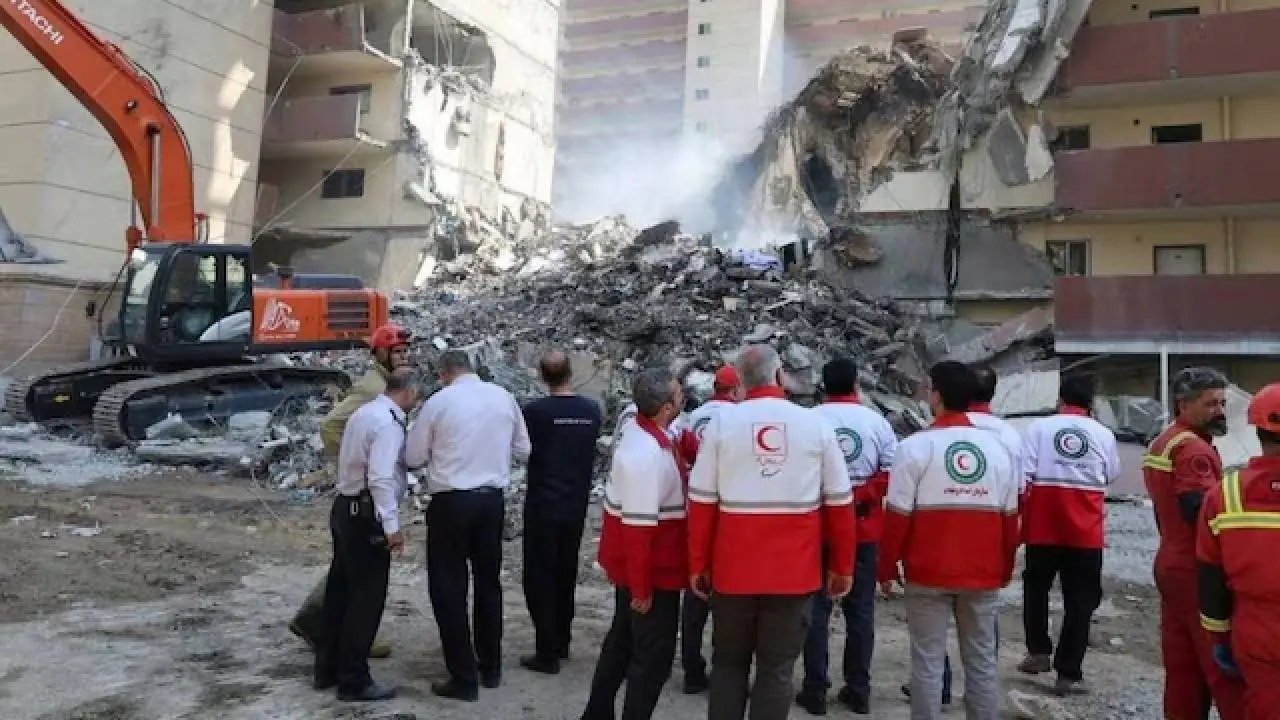
After Israeli Strikes
International News: Tehran felt surprising earthquake tremors within days of alleged Israeli strikes on nearby military installations. Local residents reported the ground shaking, and seismic monitors confirmed activity. Immediately, social media chatter linked the tremors to Iran’s potential underground tests—a region’s unconventional method of signaling force. Official sources remain silent, fueling public concern.
Timing Raises Eyebrows
But is there any concrete evidence to support the theory? Iranian seismologists emphasize the possibility of natural tectonic shifts unrelated to man-made detonations. However, scientists caution that clandestine nuclear tests can indeed mimic certain seismic signatures, making it difficult to distinguish without transparent data.
International geophysicists are monitoring seismic recordings from Tehran. While nuclear explosions typically generate sharp shockwaves, natural quakes have subtler patterns. Analysts say no clear “explosion signature” is yet confirmed, but the coincidence of timing is intriguing and warrants further investigation. Meanwhile, Iran’s government has neither confirmed nor denied any tests. Its leadership often maintains strategic ambiguity. This silence helps retain negotiating strength while avoiding international backlash. Geopolitical observers note that turning seismic events into bargaining chips is a hallmark of covert deterrence strategies.
Silence as Strategy
Israel’s recent strikes were believed to target Iran’s sensitive facilities believed crucial to weapons development. If Tehran responded underground, the seismic events could represent a warning shot—literal and figurative. Such tests could signify Iran’s intent to deter further attacks. A nuclear test of this nature would prompt swift international condemnation and possibly new sanctions. Critics argue that global watchdogs like the IAEA lack access to verify underground test claims. Iran does not permit on-site inspections in many military zones. UN officials must rely on satellite and seismic data, which are open to interpretation. This uncertainty allows both Tehran and its adversaries to wield the silence for tactical leverage.
The tremors—whether natural or engineered—have stirred anxiety in Tehran. Fear of hidden nuclear activities places the country at the heart of Middle East tension. Tehran’s rival capitals are now watching for the next move: retaliation or restraint. The broader region may confront a new phase of seismic—not just geological—instability.
Shaking Regional Confidence Long-term consequences would include heightened global scrutiny and renewed arms control debates. If Iran is testing, the world must respond with diplomacy or deterrence. If it isn't, the rumors reflect deep mistrust in the region’s power dynamics. Either way, the tremors have rattled more than just the ground beneath Tehran.
Diplomacy vs. Defiance





Copyright © 2026 Top Indian News
